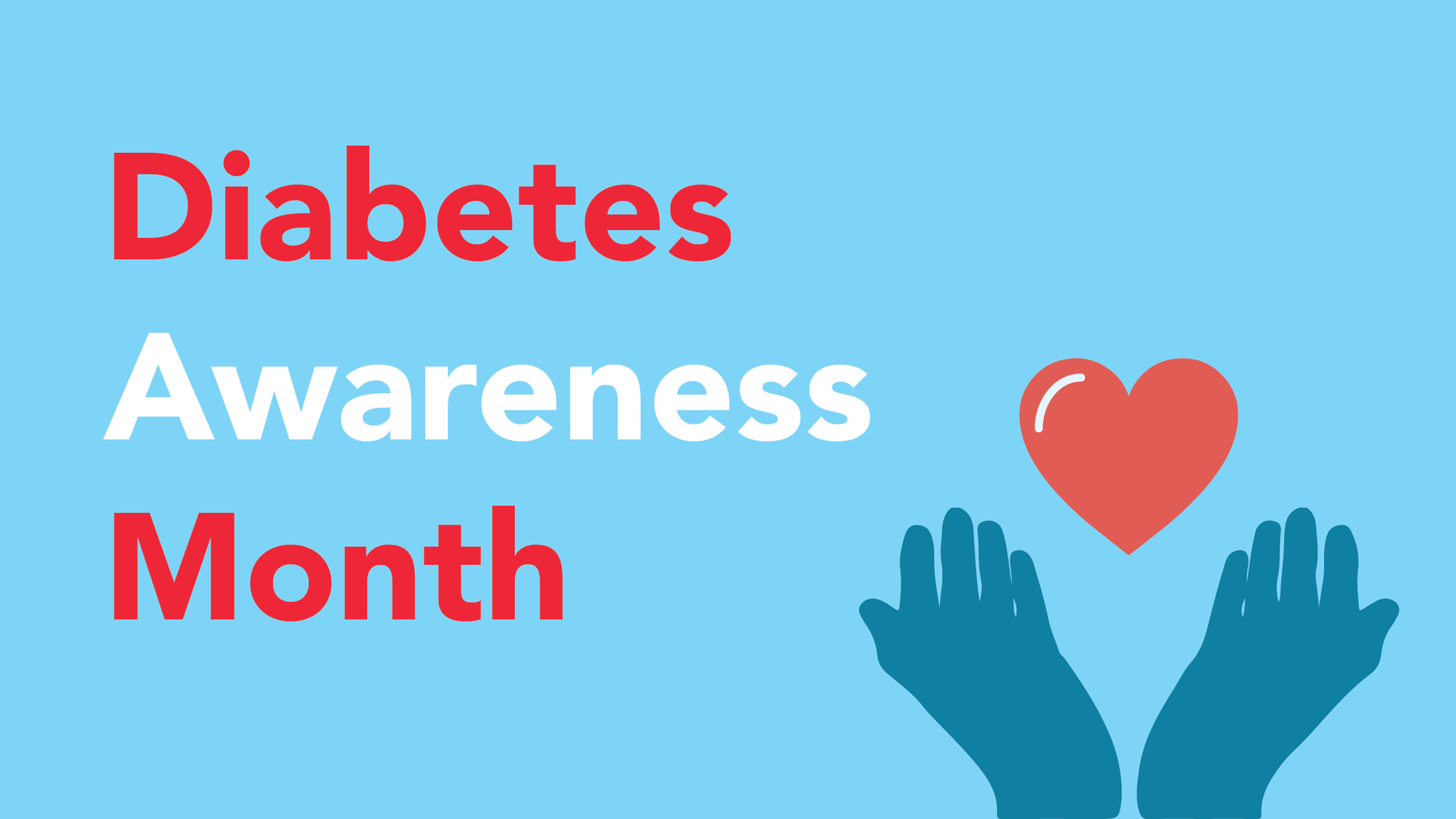November is American Diabetes Month 

Do you know your diabetes risk? Early detection of diabetes is proven to prevent life-altering complications like stroke, vision impairment, and kidney disease.
In this week's blog hear from Spoonie Threads Ambassador Andrea as she talks about how she was diagnosed with LADA (latent autoimmune diabetes in adults) and where she is today in her journey.

I was diagnosed with LADA (latent autoimmune diabetes in adults) on February 27, 2019, two months before I turned 30 years old.
I started losing energy, I guess, years before, but I just thought it was stress or getting older. I put it off made excuses acted like nothing was wrong. About a month before my diagnosis, everything suddenly changed, I was exhausted. I slept for 14 hours a day, then I would go straight to the couch. I couldn’t move. Everything hurt. I hurt so badly that I couldn’t even hold my phone up. I knew something was wrong, so I called my doctor. When she saw me, she instantly knew something was wrong and ordered a bunch of tests. Two days later, I received a call from the nurse saying that I needed to immediately come to the doctor’s office because I was diabetic. I didn’t even know what that meant. No one in my family had diabetes, and I didn’t even know what diabetes was really. I was panicked and could not stop crying.
I went into the doctor’s office - they gave me a blood glucose meter and showed me how to check my blood sugar. It was 374. Normal blood sugar should be around 110. Well, my blood sugar was so high, and I was so panicked that I passed out in the doctor’s office. My doctor called to get me a spot in the Emergency Room (ER). On the way to the ER, I had to call my dad to tell him the news. We were all in shock. I stayed in the ER for a couple of hours, and they gave me insulin and fluids.
Fast forward to today.
My A1c is 5.6, it was 12.2 when I was diagnosed. I’m on a T-slim insulin pump and a Dexcom. I had no idea what all went into being diabetic, so I try to advocate for diabetics and other people with chronic illnesses. We go through a lot, and you never know who has a chronic illness since most are invisible. But we are STRONG and BEAUTIFUL, and together we are UNSTOPPABLE.
Check out Andrea below in the Black Insulin Pump Belt

Shop Spoonie Threads Diabetes Care Products
Do you want to be the next Spoonie Threads Ambassador?
Email courtney@spooniethreads.com for more information.
We hope to hear from you!



